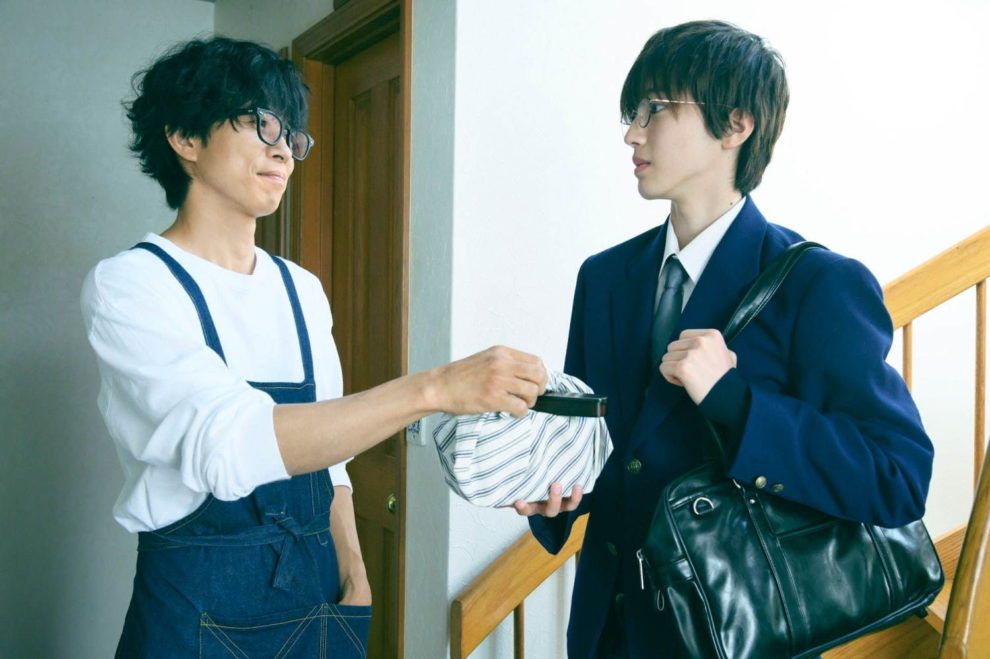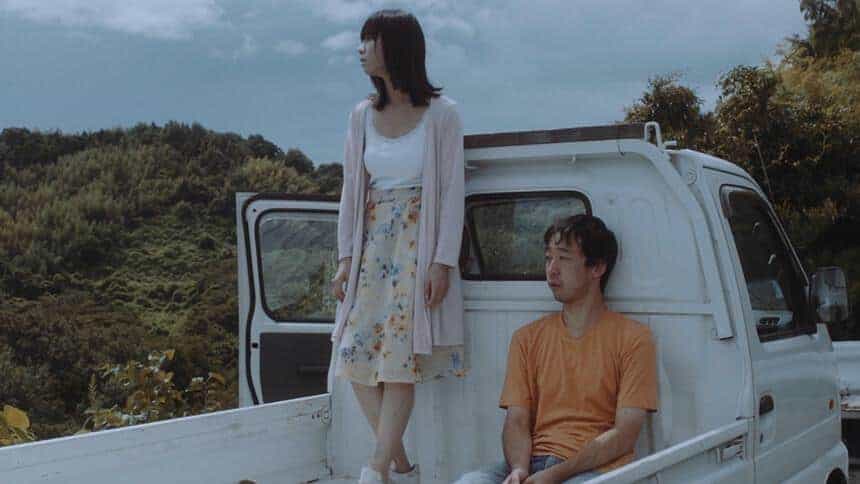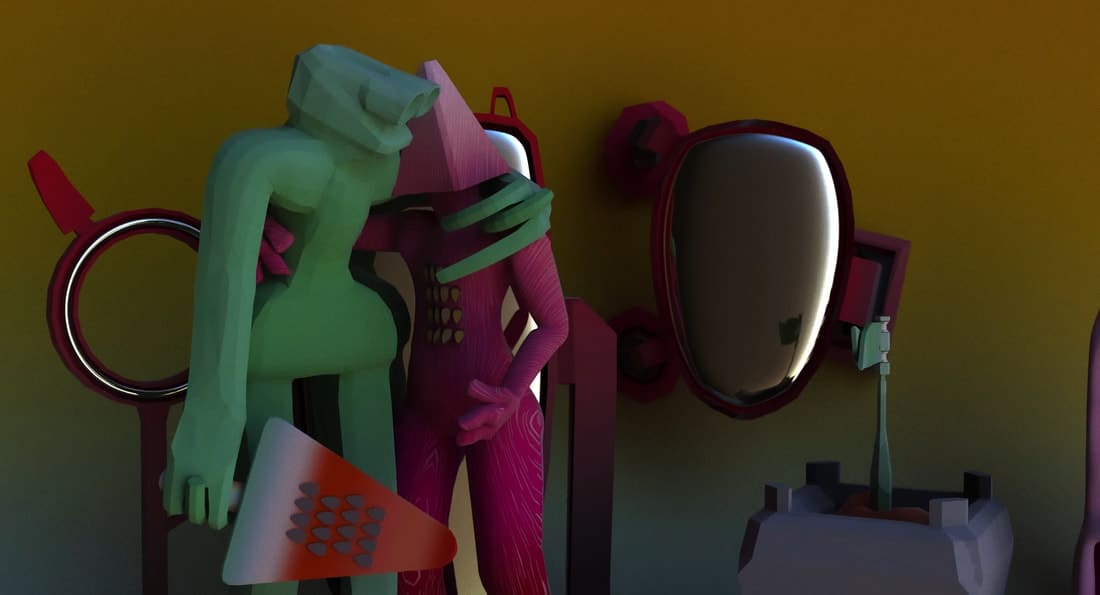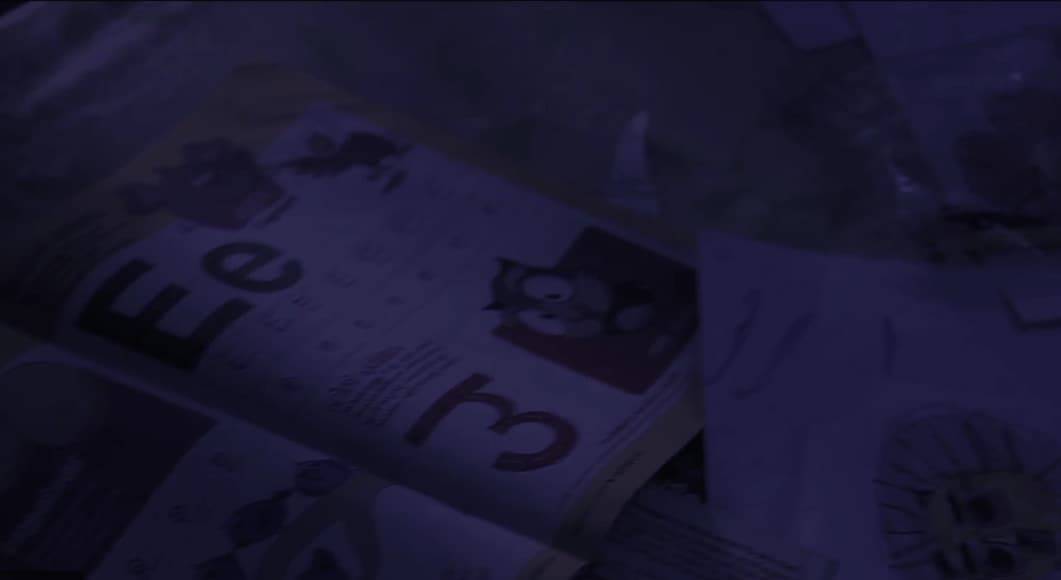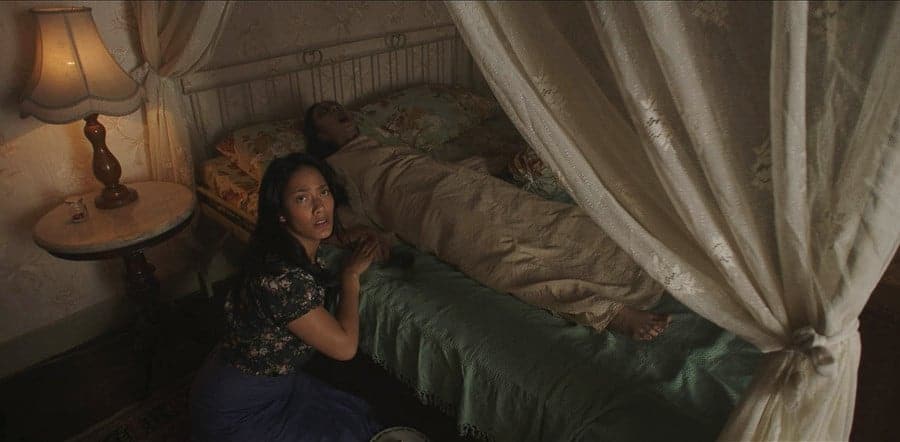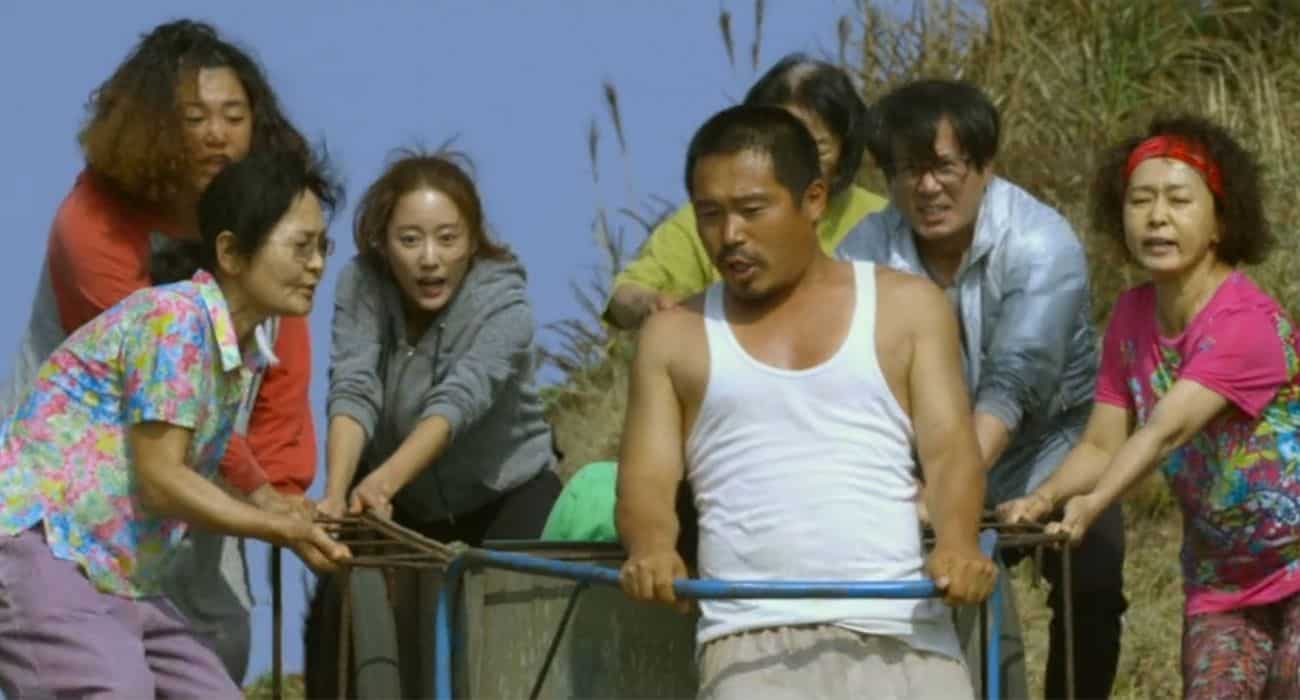“461 Days of Bento” is a subtle affair. It is a film which benefits from its minimalistic backdrop, whilst also remembering to serve a healthy dose of emotion amidst numerous scenes of food preparation and consumption. Additionally, even though it is unlikely to be something that lives long in the memory, there is something warm and comforting about this specific release that gives it an undeniable charm.
461 Days of Bento: A Promise Between Father and Son is screening at Camera Japan Festival

Koki (Shunsuke Michieda) is, in many ways, a typical teenager. Lost, demotivated and generally behind in his studies, he is an instantly relatable character whose visible anxiety and restraint broadens his appeal. As such, when his parents divorce and he chooses to live with his father, the musician and generally absent Kazuki (Yoshihiko Inohara), the uncertainty of our protagonist's life heightens along with the audience's concern for him. Add to that the fact that he is starting high school a year late, and it is evident that Koki is someone who is yet to find their way in the world.
However, things do start to change. After making a promise with his dad that he will not skip a day of school should he be equipped with a homemade bento box every day, the two seem to grow in their relationship. Sure, there are the typical pubescent moments of strop-throwing, and the occasional sacrifice of said lunch to try and impress people, but the pairing seem much more at ease together, and the visible tension seen in the movie's opening moments drift away slowly but surely.
Generally, “461 Days of Bento” succeeds in its modest slice-of-life ambitions, never feeling too self-indulgent nor attempting to overshoot the mark. Instead, it is a breath of fresh air as a piece of cinema which accepts its grounded, low-budget ceiling, and instead favours drawing out the best of its characters with smart writing and subtle development. Particularly, it is the character Koki who benefits from this the most, as we see him change from a reserved introvert to someone who is eager to become more outgoing and flexible. Consequently, the audience feels a sense of enjoyment from seeing the young man get closer to his father and friends, which subsequently makes for a more investable two hours.
Continuing, despite having a rather long runtime, Kaneshige manages to give a dainty feel to his project. He never extends scenes to an overlong degree, and has an obvious knack for condensing things into meaningful pockets of poignance. However, at times Isao Kawase's editing can come across as rather jarring (although at others it is truly good), which can in turn take the viewer out of the moment. Technically, most of the film is sleekly made, though, with Mitsunori Kogo's tight, colourful cinematography, which brings out the colours of every location consummately, being a real highlight.
Credit must also be given to the acting skill of the cast. Although it is nothing entirely noteworthy, all of the ensemble give true-to-life depictions of their characters, smartly avoiding hyperbole while also giving the audience chances to see their distinct personalities. Yoshihiko Inohara is particularly solid in this regard, with his carefree musician lifestyle translating effortlessly on the screen.
Overall, “461 Days of Bento” is a resolutely enjoyable offering. For fans of naturalistic approaches to cinema this is likely to go down well, while others who enjoy stereotypical stories of father-son bonding will certainly find amusement too.


